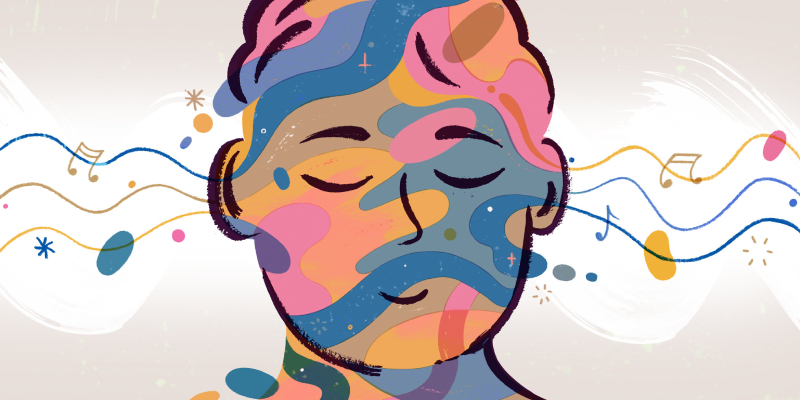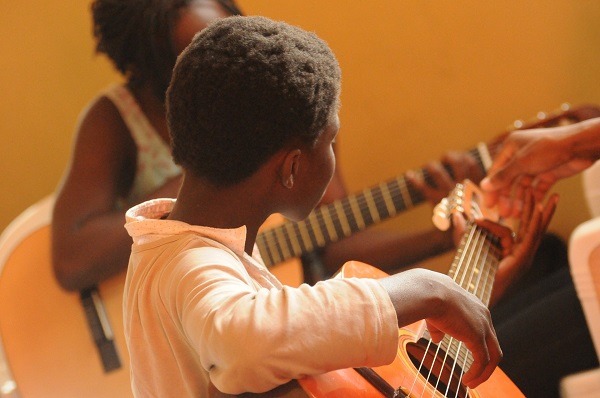
Music, singing, and dancing are ideal for teaching multicultural awareness in today’s globalized society. Music has several advantages, including helping us remember our past, bringing back memories of special occasions, and connecting us to our homes. It helps young children in IB board schools in Chennai (https://www.internationalvillage.org/) develop their language skills by recognizing different frequencies and melodies. It is seen that primary school students enjoy singing along to music that involves counting, spelling, or a sequence of events. Know more
What Are The Benefits Of Music?
Music is a discipline that can bring people together from all walks of life, regardless of their ethnic or social background. Moreover, it can also bridge the gap between academic disciplines and help students who are not particularly gifted academically achieve great success. Music is an important part of the human race, and it helps to make people stronger. Music can make a child more intelligent, social and concentrate better. The advantages of learning music are:
- The music sheet introduces students to a new set of symbols and makes them gain the ability to read them quickly.
- Children who participate in music-making develop multitasking abilities.
- Music education fosters friendships and relationships that increase student engagement in school.
- Music education allows students to learn about different cultures, which leads to greater respect for others.
- Music education promotes improved coordination, particularly in the hand-eye coordination department, as musicians must multitask.
- Children who receive a music education gain a stronger work ethic and self-discipline. They learn that perseverance, determination, and a positive attitude are all required to succeed.
- Music education provides stress relief for students because it is a creative outlet and pleasant distraction.
- Most importantly, it is a different means of expression used to treat various conditions and illnesses.

Importance Of Music In Academics
Music students are more likely to continue their education in college or university as they have a diverse range of academic and practical abilities. Being an important part of a child’s education, it offers them numerous opportunities to experience music throughout their educational careers. Furthermore, music education in the best IGCSE schools in Chennai offers a wide range of social benefits, including enhanced listening skills, collaboration, and working in groups. Now let us see how music benefits academic performances.
- Music lessons help students develop the skills and craftsmanship needed to read music and master an instrument.
- Music education and exposure can help children gain confidence and become more sociable.
- It serves as a sounding board for students’ ideas and personal experiences in the classroom. It helps breakdown social barriers by fostering empathy.
- Music education teaches students to think outside the box and come up with solutions to problems.
- It stimulates the brain, exposing students to various sounds and languages and laying the groundwork for their future ability to understand and communicate in a foreign language.
- This education helps students improve their memory skills in various ways, including improving their ability to recall rhythms, pitches, dynamics, and other elements.
Last But Not Least
Researchers found that children who received school-based and private music lessons had greater memory and vocabulary potential. When children are exposed to music and songs at a young age, they become smarter and better able to express themselves. It improves the development of children and their social skills. Furthermore, it helps them grow confident, which is the most powerful skill to become successful in life. Therefore, music is a critical component of a child’s overall educational experience.





